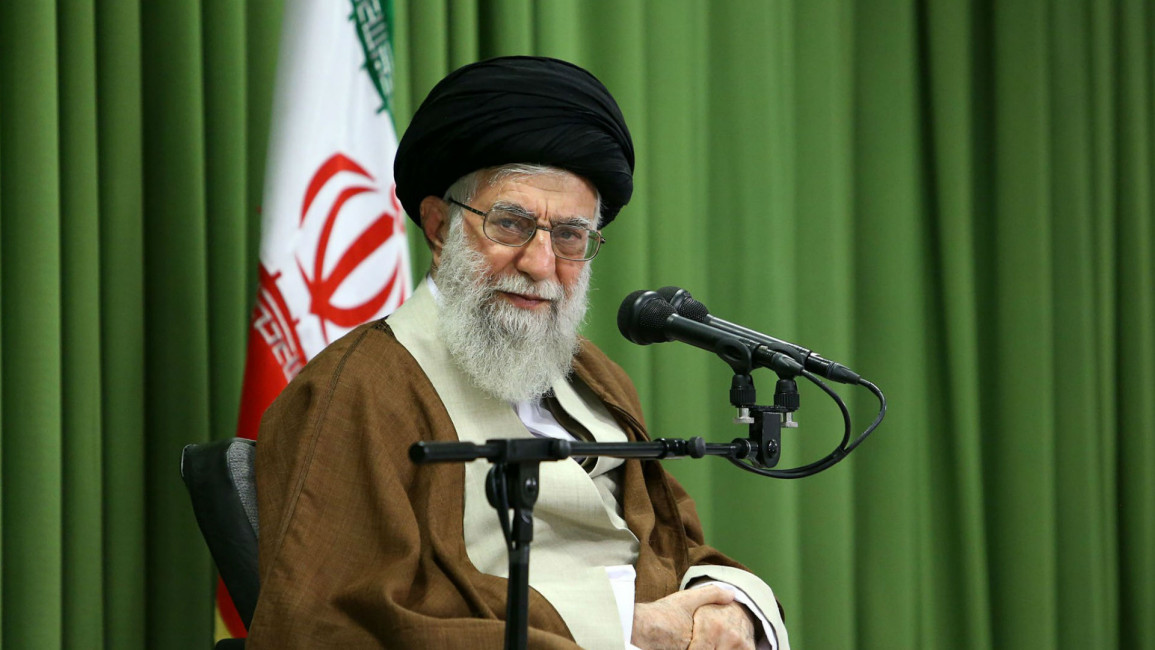Khamenei: Tehran 'may quit Iran nuclear deal'
Iran's Supreme Leader Ayatollah Ali Khamenei said on Wednesday that Tehran would quit the landmark 2015 nuclear deal unless European signatories offered solid guarantees that trade relations would continue after the US withdrawal.
Addressing Iran's government in a televised speech, Khamenei said: "We hear that you want to continue the nuclear deal with the three European countries. I don't have confidence in these three countries."
This comes a day after President Hassan Rouhani pledged to stick to the nuclear deal and criticised Trump for Washington's "illegal" withdrawal.
"If you don't succeed in obtaining a definitive guarantee - and I really doubt that you can - at that moment, we cannot continue like this," he said.
"If you want to conclude an agreement, obtain real guarantees, otherwise tomorrow they will do the same as the United States."
He was speaking a day after President Donald Trump announced the US was withdrawing from the deal, which had curbed Iran's nuclear programme in exchange for sanctions relief.
P5+1 members the UK, France, Germany, China and Russia, have opposed the move and indicated they wish to work with Tehran to preserve the accord.
Khamenei said Iran's government faced a big test to preserve "the dignity and the grandeur of the Iranian people".
He also expressed his distrust towards foreign leaders.
"Their words have no value. Today they say one thing and tomorrow another. They have no shame," he said.
Despite his long-running mistrust of the US, Khamenei supported the deal when it was signed, even saying it could be the basis for further negotiations.
But he soon turned against the agreement when it became clear that many of its benefits were still being blocked by remaining US sanctions.
He said last year that it should be torn up if Washington pulled out.

![Lebanese protesters take part in a demonstration in support of Palestinians on 18 May 2021 in Beirut, Lebanon. [Getty]](/sites/default/files/styles/image_330x185/public/2021-06/GettyImages-1232967618.jpg?h=58c8a5e7&itok=0HHt3VmF)

